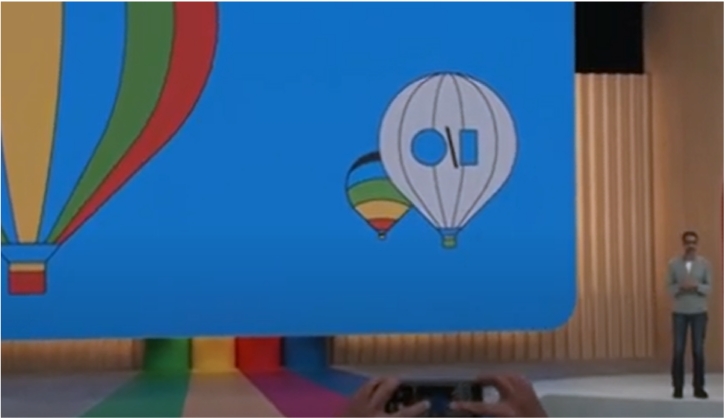
Google is taking steps to revolutionize its search engine by infusing it with advanced artificial intelligence (AI) technology. This strategic move is in response to the ever-changing landscape of internet search and follows Microsoft’s integration of similar AI capabilities into its Bing search engine, which garnered significant attention.
Google has been conducting tests on its own chatbot, named Bard, which utilizes generative AI. The company has recently announced that Bard will be accessible to users worldwide, initially supporting Japanese and Korean languages and eventually expanding to include approximately 40 more languages.
The integration of AI into Google’s search engine signifies a pivotal moment for the company, which has been at the forefront of internet search for the past two decades. Sundar Pichai, CEO of Alphabet, Google’s parent company, emphasized the excitement surrounding this development and the company’s intention to reimagine all of its products, including search.
Google intends to introduce additional AI features, such as a “Help Me Write” function in Gmail, enabling users to generate extensive email replies in a matter of seconds. Another noteworthy addition is the “Magic Editor,” a photo editing tool designed to automatically enhance images.
While the incorporation of AI offers exciting possibilities, Google remains committed to maintaining a delicate balance between innovation and delivering reliable search results. The inherent nature of AI, which can occasionally generate deceptive responses, known as “hallucinations,” has already surfaced during the testing of Bard and ChatGPT. To address this concern, Google will clearly distinguish AI-generated results as experimental and prioritize factual accuracy over conversational responses. The company will also implement safeguards to prevent AI from providing answers to sensitive inquiries regarding health and finance, ensuring that users are directed to authoritative sources.
To evaluate the integration of generative AI into search results, Google has established a dedicated search lab where interested users in the United States can join a waitlist for testing purposes. This AI-powered search engine will operate alongside traditional search results, which include links to external websites, providing users with more comprehensive information.
Although there is no definitive timeline for the widespread availability of generative AI results, Google faces increasing pressure to demonstrate the search engine’s ability to evolve, particularly due to the potential threat posed by Microsoft’s AI-infused Bing. Additionally, reports suggest that both Samsung and Apple are reconsidering their default search engine options, adding further urgency to Google’s pursuit of advancement.
Despite initial concerns about the competition, Google’s stock price rebounded after the announcement of its AI initiatives. As part of the AI integration, Google aims to enhance Bard’s capabilities by leveraging the power of the next-generation large language model (LLM) known as Pathways Language Model 2 (PaLM2) and a technology called Multitask Unified Model (MUM). In addition to these developments, Google plans to introduce a new search filter called “Perspectives,” focusing on online discussions pertaining to search topics.
In addition to its AI endeavors, Google made a splash by unveiling its inaugural foldable smartphone as part of its Pixel lineup. This move marks Google’s entry into the emerging market segment of foldable phones, offering users a versatile device that can function both as a smartphone and a mini-tablet. While the foldable phone market has remained niche due to high prices, Google’s entry aims to provide consumers with a compelling and adaptable device.
